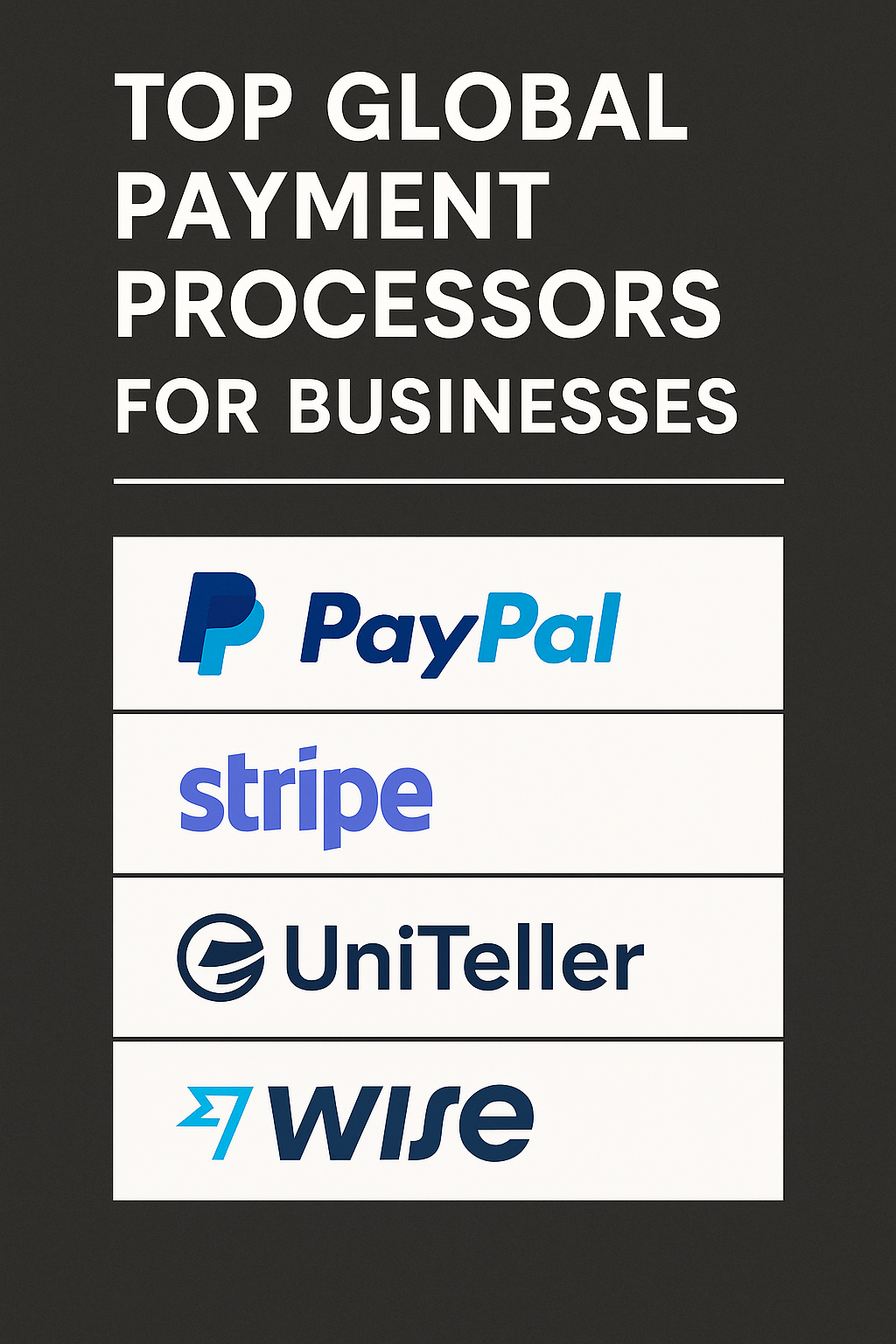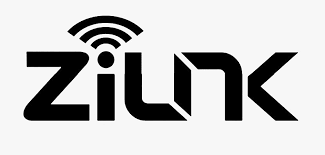How Cross Border Payments Empower Startups Expanding Globally

Startups today are not confined by borders. From a small e-commerce store in India selling to customers in Europe to a SaaS platform in Latin America onboarding U.S. clients, global opportunities are more accessible than ever. Yet, behind the promise of international expansion lies one of the most critical enablers of growth—efficient cross border payments.
For early-stage businesses, handling payments across countries is more than a financial transaction. It represents customer trust, brand credibility, and the ability to scale operations. This article explores why cross-border systems matter for startups, the challenges they solve, and how modern solutions make global expansion possible.
Why Cross Border Payments Matter
Startups entering international markets quickly realize that their payment infrastructure determines how fast they can grow. Without the ability to accept payments in local currencies and process transactions securely, businesses risk losing customers before they even begin.
The significance of cross-border transactions goes beyond simply collecting revenue:
-
Market Entry: A business that can accept payments locally in different countries enters new markets faster.
-
Customer Confidence: Buyers prefer to pay in familiar methods and currencies.
-
Cash Flow Management: Faster settlements mean healthier finances for small teams.
-
Global Collaboration: Payments enable smooth partnerships with overseas vendors, contractors, and freelancers.
Simply put, startups that invest early in cross-border systems position themselves for long-term success.
Key Challenges in Cross Border Payments
While the benefits are clear, startups face several hurdles when moving funds internationally.
1. High Transaction Fees
Traditional banks often charge steep fees, both for sending and receiving money. For startups working with tight margins, these costs reduce profitability.
2. Long Settlement Times
International transfers can take three to seven business days, creating bottlenecks in cash flow. This delay is a major obstacle for startups needing quick access to funds.
3. Currency Fluctuations
Exchange rate volatility can erode profits. Some providers also apply hidden markups during conversion.
4. Compliance Complexity
Each country has its own anti-money laundering (AML) and know-your-customer (KYC) requirements. For startups, navigating these regulations without professional support can be overwhelming.
5. Fraud and Security Risks
Cybercrime targeting global transactions is rising. Without robust protection, startups may face chargebacks or lost revenue.
How Modern Solutions Solve These Problems
The rise of fintech has transformed the way businesses manage international money transfers. Startups now have access to advanced tools that simplify payments while keeping them cost-effective.
Faster Transfers
Modern systems shorten settlement times to hours or even minutes, improving liquidity for growing businesses.
Lower Costs
Providers optimize payment routes and use local settlement networks to cut fees significantly.
Multi-Currency Accounts
Businesses can receive payments in local currencies and decide when to convert funds, protecting themselves from exchange rate swings.
Strong Compliance Support
Specialized platforms handle regulatory requirements automatically, ensuring every transaction is legally sound.
Advanced Security
Encryption, AI-powered fraud detection, and monitoring systems reduce risks of fraudulent activities.
Together, these features allow startups to focus on scaling instead of worrying about financial roadblocks.
Role of International Payment Solutions
While consumer wallets like PayPal or Google Pay work for personal use, startups require professional-grade platforms designed for growth. Specialized international payment solutions provide exactly that.
They enable startups to:
-
Collect payments from customers in multiple countries.
-
Offer familiar local payment methods like cards, wallets, and bank transfers.
-
Integrate payments with online platforms, apps, or SaaS billing systems.
-
Track all transactions through a centralized dashboard.
Most importantly, these solutions give startups transparency and predictability in costs, something traditional banks often lack.
Use Cases: How Startups Benefit
-
E-commerce
An online store selling products globally can accept payments in USD, EUR, or INR, offering local comfort to customers while receiving funds in their preferred currency. -
SaaS Companies
A subscription platform serving global clients can automate recurring billing in different currencies, avoiding manual invoicing. -
Freelancer Platforms
Startups connecting freelancers to global clients can process payouts in multiple regions without unnecessary fees. -
Exporters and Importers
Cross-border systems allow small exporters to get paid faster and more reliably, boosting competitiveness.
These use cases highlight why modern solutions are no longer optional but essential.
Uniteller: Simplifying Cross Border Payments
Among the trusted providers, Uniteller has built a reputation for delivering secure, transparent, and scalable systems for businesses of all sizes. For startups, it acts as more than just a processor—it is a partner in growth.
Uniteller offers:
-
Transparent pricing with no hidden fees.
-
Fast settlements that keep cash flow healthy.
-
Global reach with partnerships across multiple countries.
-
Compliance support to navigate complex regulations.
-
Security-first systems that protect against fraud.
By combining affordability with advanced features, Uniteller ensures startups can confidently expand into global markets without worrying about financial barriers.
Step-by-Step Guide for Startups
For startups planning international expansion, here’s a simple roadmap to implementing cross-border systems:
-
Identify Target Markets – Understand where your customers are and which currencies matter most.
-
Choose a Payment Partner – Select a trusted provider like Uniteller with global reach and transparent pricing.
-
Evaluate Costs – Compare transaction fees, exchange rates, and settlement times.
-
Test Integrations – Ensure your payment system connects smoothly with your website or app.
-
Prioritize Security – Choose a provider with fraud detection and strong compliance standards.
-
Scale Gradually – Start with key markets and expand as your customer base grows.
The Future of Cross Border Payments
The next few years will bring even more innovation in payments. Startups can expect:
-
Real-time global settlements becoming mainstream.
-
Blockchain-based solutions reducing costs and improving transparency.
-
AI-driven compliance checks simplifying regulatory processes.
-
Government initiatives promoting affordable international payment networks.
By adopting modern systems early, startups can stay ahead of competitors and maximize global opportunities.
Final Thoughts
Expanding beyond borders is no longer reserved for big corporations. With the right systems in place, even the smallest startups can serve global customers and build international partnerships. The foundation of this growth lies in managing cross border payments effectively.
By embracing modern international payment solutions, startups reduce costs, speed up cash flow, and strengthen customer trust. Providers like Uniteller ensure that small businesses don’t just participate in global trade—they thrive in it.
For founders with global ambitions, the future is clear: payments are not just a back-office function but a growth driver. Choosing the right partner makes all the difference.







